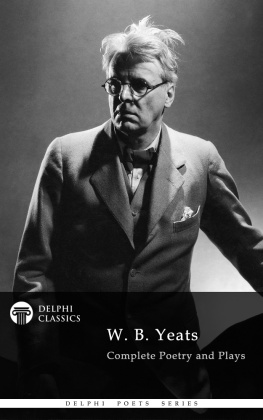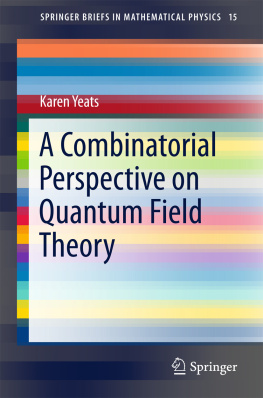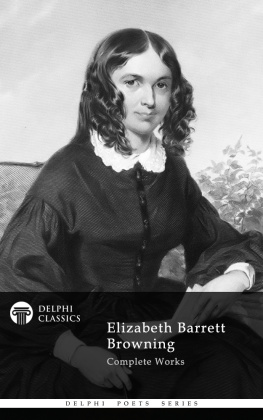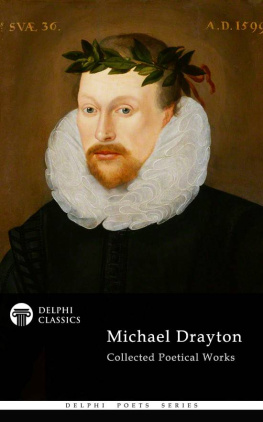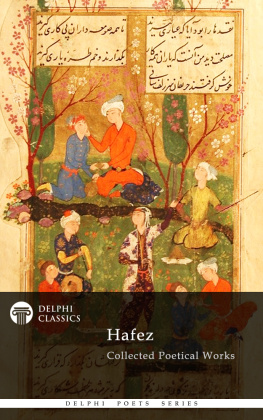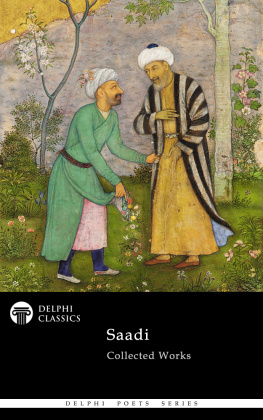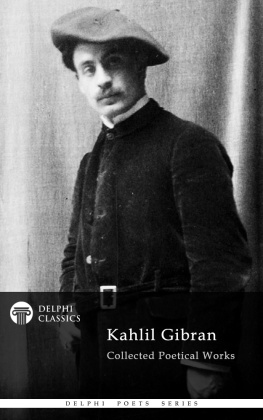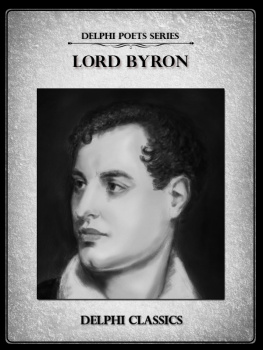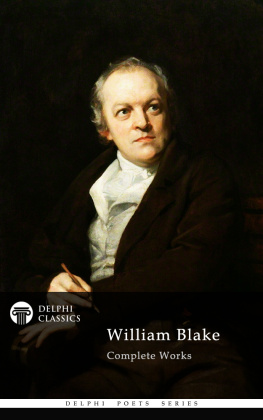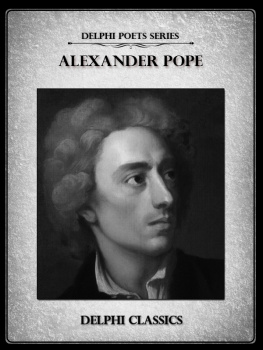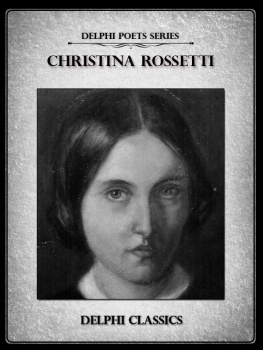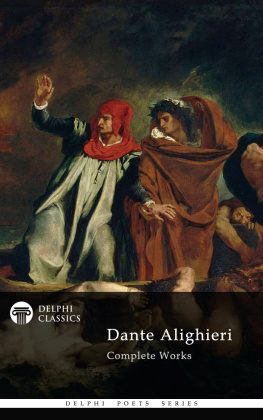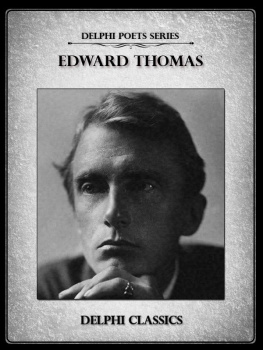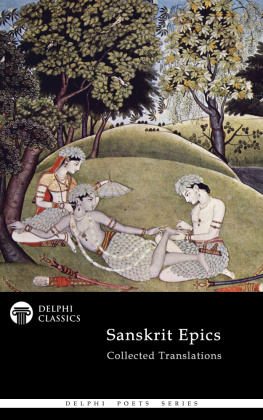

W. B. YEATS
(18651939)

Contents

Delphi Classics 2012
Version 1


W. B. YEATS

By Delphi Classics, 2012
NOTE

When reading poetry on an eReader, it is advisable to use a small font size, which will allow the lines of poetry to display correctly.
The Poetry Collections

Sandymount, County Dublin Yeats birthplace, 1911

Yeats birthplace today

Yeats father was an artist and in 1900 he painted this portrait of his son.

Yeats parents
THE WANDERINGS OF OISIN AND OTHER POEMS

Yeats first poetry collection was published in 1889, with poems dating as far back as the mid-1880s. The title piece, which is Yeats longest narrative poem, concerns characters from the Fenian Cycle of Irish mythology, revealing how Yeats was influenced by Sir Samuel Ferguson and the Pre-Raphaelite poets of the time. The poem took two years to complete and was one of the few works from this period that the poet did not disown in his maturity. Oisin represents one of Yeats most important themes: the preference of a life of contemplation over a life of action. Following the publication of The Wanderings Of Oisin, Yeats never again attempted a long poem.
In the narrative, the fairy princess Niamh falls in love with Oisin's poetry and begs him to join her in the immortal islands. For a hundred years he lives as one of the Sidhe, while hunting, dancing and feasting. At the end of this time he finds a spear washed up on the shore, which evokes sad feelings as he remembers his previous life, heralding the beginning of his wanderings.
The poetry collection also contains short poems, which are meditations on the themes of love and mystical subjects, and they were later collected under the title Crossways.

The first edition
CONTENTS

Yeats, in the year when his first poetry collection was published
THE WANDERINGS OF USHEEN
Give me the world if Thou wilt, but grant me an asylum for my affections.
Tulka.
To
EDWIN J. ELLIS
BOOK I
S. PATRIC
You who are bent, and bald, and blind,
With a heavy heart and a wandering mind,
Have known three centuries, poets sing,
Of dalliance with a demon thing.
USHEEN
Sad to remember, sick with years,
The swift innumerable spears,
The horsemen with their floating hair,
And bowls of barley, honey, and wine,
And feet of maidens dancing in tune,
And the white body that lay by mine;
But the tale, though words be lighter than air,
Must live to be old like the wandering moon.
Caolte, and Conan, and Finn were there,
When we followed a deer with our baying hounds,
With Bran, Sgeolan, and Lomair,
And passing the Firbolgs burial mounds,
Came to the cairn-heaped grassy hill
Where passionate Maive is stony still;
And found on the dove-gray edge of the sea
A pearl-pale, high-born lady, who rode
On a horse with bridle of findrinny;
And like a sunset were her lips,
A stormy sunset on doomed ships;
A citron colour gloomed in her hair,
But down to her feet white vesture flowed,
And with the glimmering crimson glowed
Of many a figured embroidery;
And it was bound with a pearl-pale shell
That wavered like the summer streams,
As her soft bosom rose and fell.
S. PATRIC
You are still wrecked among heathen dreams.
USHEEN
Why do you wind no horn? she said.
And every hero droop his head?
The hornless deer is not more sad
That many a peaceful moment had,
More sleek than any granary mouse,
In his own leafy forest house
Among the waving fields of fern:
The hunting of heroes should be glad.
O pleasant woman, answered Finn,
We think on Oscars pencilled urn,
And on the heroes lying slain,
On Gavras raven-covered plain;
But where are your noble kith and kin,
And from what country do you ride?
My father and my mother are
Aengus and Adene, my own name
Niam, and my country far
Beyond the tumbling of this tide.
What dream came with you that you came
Through bitter tide on foam wet feet?
Did your companion wander away
From where the birds of Aengus wing?
She said, with laughter tender and sweet:
I have not yet, war-weary king,
Been spoken of with any one;
Yet now I choose, for these four feet
Ran through the foam and ran to this
That I might have your son to kiss.
Were there no better than my son
That you through all that foam should run?
I loved no man, though kings besought
Love, till the Danaan poets brought
Rhyme, that rhymed to Usheens name,
And now I am dizzy with the thought
Of all that wisdom and the fame
Of battles broken by his hands,
Of stories builded by his words
That are like coloured Asian birds
At evening in their rainless lands.
O Patric, by your brazen bell,
There was no limb of mine but fell
Into a desperate gulph of love!
You only will I wed, I cried,
And I will make a thousand songs,
And set your name all names above.
And captives bound with leathern thongs
Shall kneel and praise you, one by one,
At evening in my western dun.
O Usheen, mount by me and ride
To shores by the wash of the tremulous tide,
Where men have heaped no burial mounds,
And the days pass by like a wayward tune,
Where broken faith has never been known,
And the blushes of first love never have flown;
And there I will give you a hundred hounds;
No mightier creatures bay at the moon;
Next page
